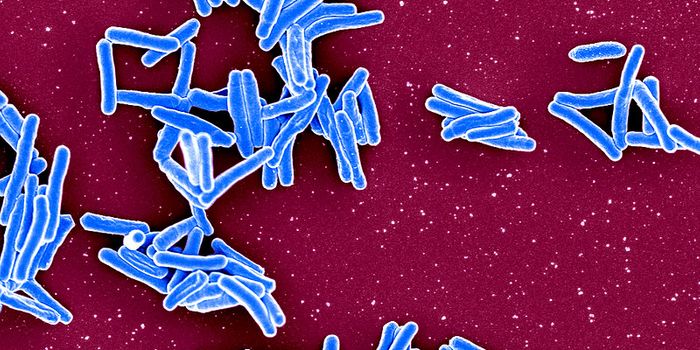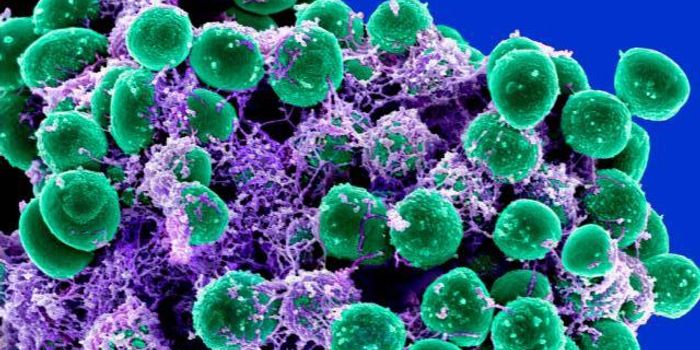Gout is Shown to Have Genetic Causes
Gout causes sudden flares of joint pain, which often arise during the nighttime, and in the big toe, though it may affect other joints including the ankles or knees. It is the most common type of inflammatory arthritis, and is about three times more common in men than women. Gout is a chronic disorder caused by high levels of uric acid, which can form during the breakdown of molecules called purines that are found in red meat and beer, for example. The kidneys should excrete uric acid from the body, but sometimes they are overwhelmed by high uric acid levels, and crystals form. These crystals then lodge in joints, causing severe pain and swelling.
It's long been thought that diet is a major contributor to gout, since certain foods and drinks are high in purines. (Drugs, certain illnesses, and physical trauma can also cause gout.) But in a new study reported in Nature Genetics, scientists have analyzed the genetic and health data from millions of people to show that genetic factors are a cause of gout in some patients. These genetic influences can help explain why some people get gout while others who have similar lifestyles do not.
This effort was a genome-wide association study (GWAS) that relied on information from DNA databases, including one maintained by the company 23andMe, Inc., when customers consented to the use of their information in research studies. It included data from 2.6 million people.
The researchers are hopeful that since this study has shown that lifestyle is not necessarily the cause of gout, some of the stigma surrounding the disease will lessen. Senior study author Professor Tony Merriman of the University of Otago stressed that gout is not the patient's fault, and it is a chronic disease that has a genetic basis.
"The myth that gout is caused by lifestyle or diet needs to be busted," said Merriman. "This widespread myth causes shame in people with gout, making some people more likely to suffer in silence and not go and see the doctor to get a preventive drug that lowers urate in the blood and will prevent their pain."
Although there are dietary choices, such as the consumption of red meat that may cause gout flares, abnormally high levels of urate, joint crystals, and an immune system that has a propensity to attack those crystals are what causes the disease. And genetic factors play a crucial part in all of those processes, added Merriman.
This study revealed many genes and pathways that are associated with the immune system, and gout. The findings may help researchers develop better treatments and new therapeutics for the prevention or treatment of gout attacks.
One example is interleukin-6, an immune gene and inflammatory signaling molecule that was associated with gout. Since an existing drug called tocilizumab can already target the receptor for this molecule, it might be repurposed as a gout medication.
Sources: University of Otago, Nature Genetics









